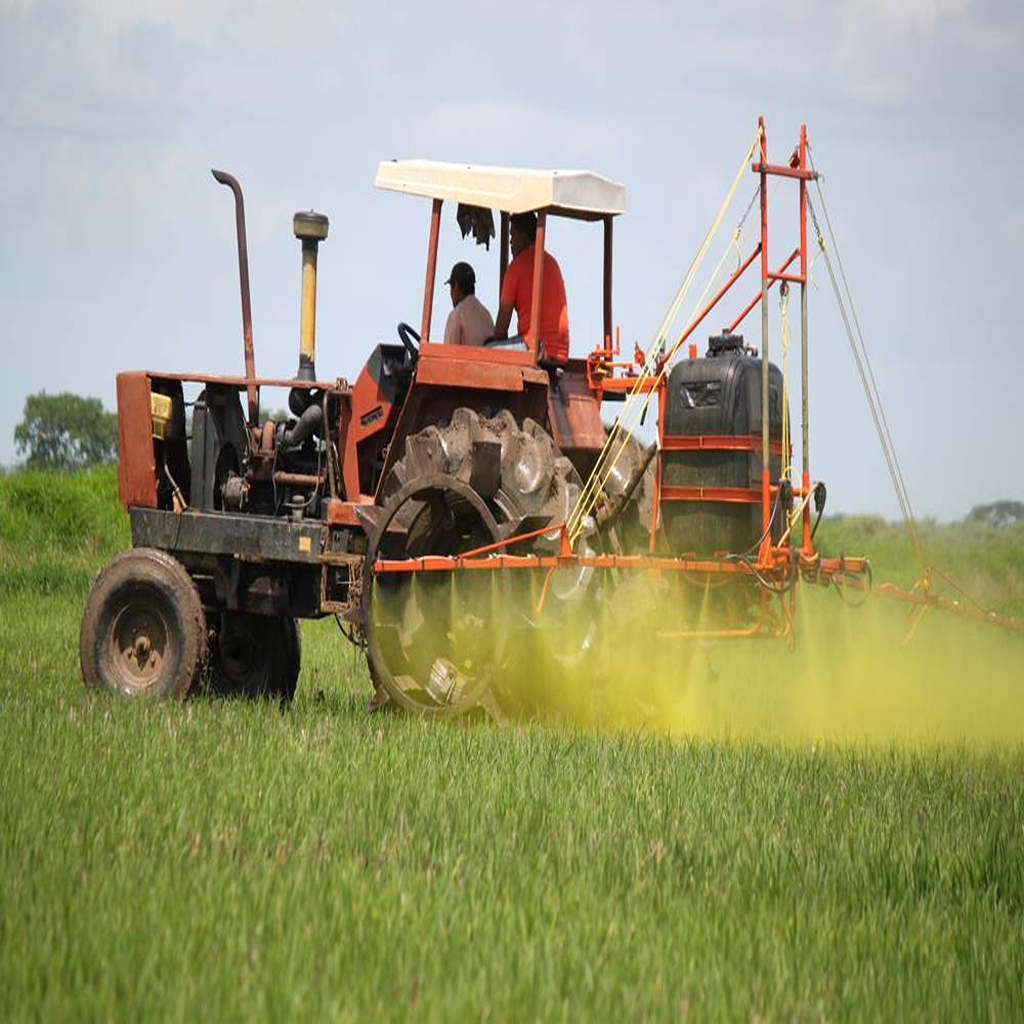
Millions of pints of beer are going into the drain as pubs and liquor shops remained closed for over a month in the country, and many continue to remain so. The shelf life of beer is very less as compared to other liquor, so breweries will have to drain out all the Work-In-Progress (WIP) stock as it will soon get damaged, along with the stock that has expired during this period of inactivity. Kimaya Himalayan, a home-grown brewing company is facing a lot of challenges, such as destruction of stock, and nil cash flow in this crisis period. Asmita Mukherjee spoke with Abhinav Jindal, CEO & Founder, Kimaya Himalayan Beverages LLP to know about their struggles during this period and how they plan to overcome challenges.
The COVID-19 outbreak has hit millions of jobs amid the closure of restaurants and brewing companies across the globe resulting in loss of revenue. How is Kimaya Himalayan being a brewing company, navigating the turbulent waves of COVID-19, through its business and employee policies?
This is an unprecedented and daunting situation for companies across industries. However, we look forward to redemption and advancing on the expansion mode in terms of business. We will not be relinquishing our expansion plans and are hopeful to move forward as projected earlier.
There is no reform in the employee policies or salaries. The company will not be laying off any employees due to COVID-19. If any layoff happens, it will only be on the performance grounds which were identified before the lockdown in the annual evaluation process. Management of the company has extended their support with the difficult decision of pay cuts to help the company stay afloat in this uncertain time. The promotions and schemes for our business partners shall remain unaffected as till date.
With the current collapse of the hospitality, F&B and travel industry, how has your revenue been impacted?
We were looking forward to this season being a major contributor to sales for the year, accounting for approximately 35%-40%, and now when the lockdown has been extended till 17th May, it will add up to the loss if stretched any further. It was the first full financial year for Kimaya Himalayan Beverages and this is sure to dent the PnL. We are facing difficulties managing the working capital and finances as the supply chain has been immensely affected.
The shelf life of beer is approximately 6 months. We will have to destroy the expired stock which has already been supplied to the warehouses and the company won’t be able to retrieve the value.
What are your expectations from the Indian Government to spring back from the pandemic impact?
The management of working capital is a challenge in such unprecedented times. The pressure building up in the credit lifecycle is becoming strenuous with each stakeholder holding tight in the situation. To stabilize the low liquidity or cash flow, government should support start-ups with easy availability of funds by extending loans against bill discounting to revive business. Due to the short shelf life of beer, many companies will witness loss due to the expiration of stock in April and May (in case the lockdown extends), as the stock keep units will have to be destroyed. In such a scenario, if the government extends support to forgo duties, companies can take a sigh of relief.
We expect the government to be more supportive in terms of a moratorium of license fee and duty. In this industry, manufacturing is subjected to GST whereas output (finished product) is subjected to VAT, which leads to an enhanced cost of production without any set-off benefit of input taxes. It would be a great relief if the government can consider condoning the input GST.
What has been your biggest pain point during the lockdown?
The shelf life of beer is very less as compared to other liquor. The biggest pain point is that we will have to drain out all the WIP stock as it will soon get damaged, along with the stock that has expired during this period of inactivity. The hectolitres of beer in the fermentation tanks, BVT tanks and the product ready to be packaged will have to be drained off.
Working capital and finance unavailability is a challenge with chocked cash flow, resulting in unstable business viability and sustainability for a start-up like ours. Also, the supply chain will be immensely affected.
What is the immediate plan of action post lockdown?
The duty and taxes on the expired stock will still be borne by the company. We will approach various state governments for relaxation of duties on the expired stock. Our primary concern will be to manage production and meet the surge in the demand, as soon as, the lockdown lifts. Strategic planning in terms of production and supply needs to be undertaken, as it may become a challenge to cater to the market demand immediately. The supply chain discrepancies will have to be attended. We are taking preventive measures to maintain the sanitization at the factory and retail level; we will be implementing effective precautions moving forward.
asmita.mukherjee@saffronsynergies.in







